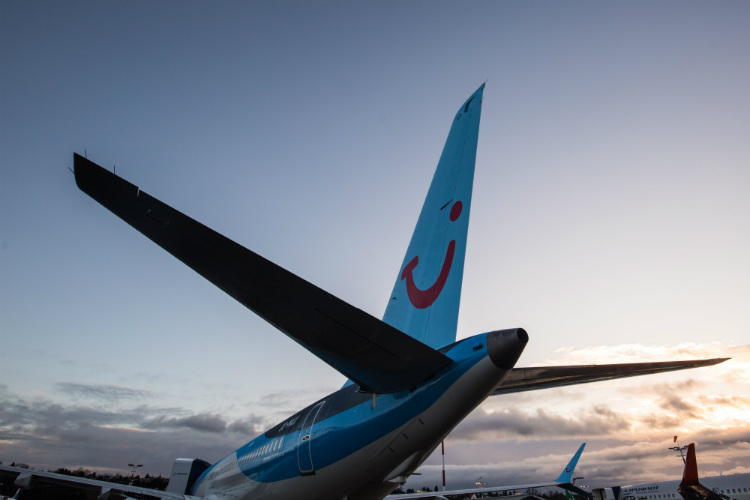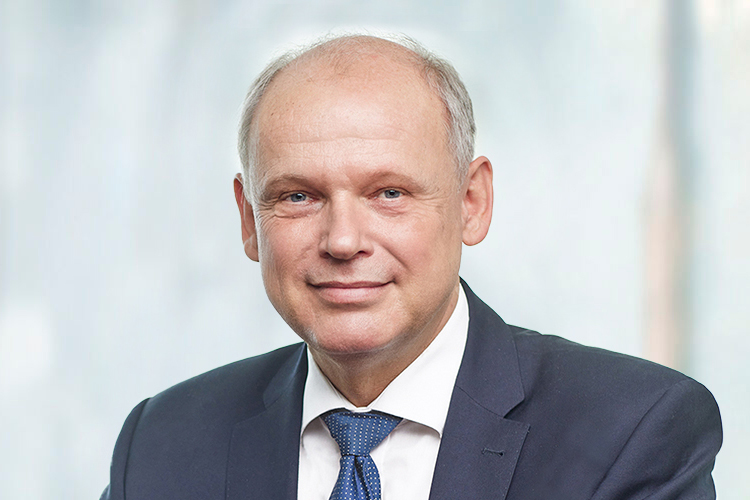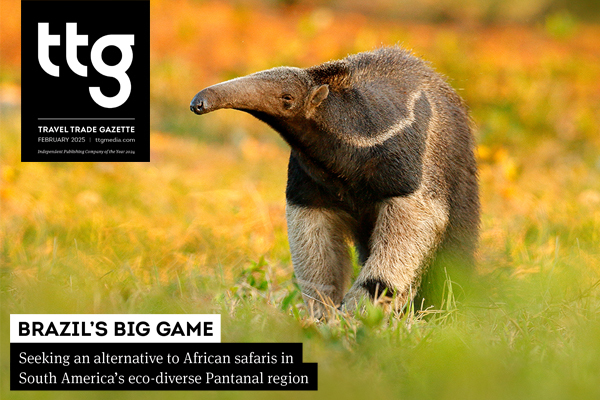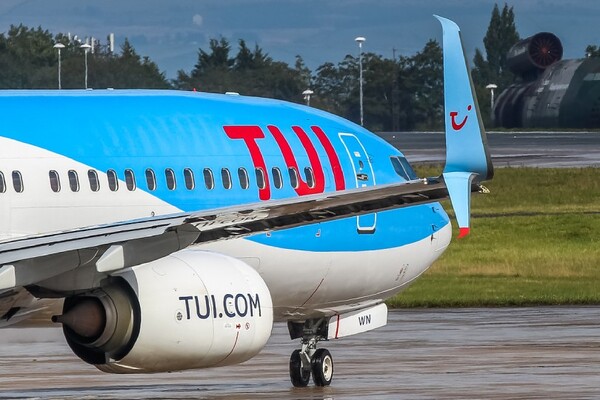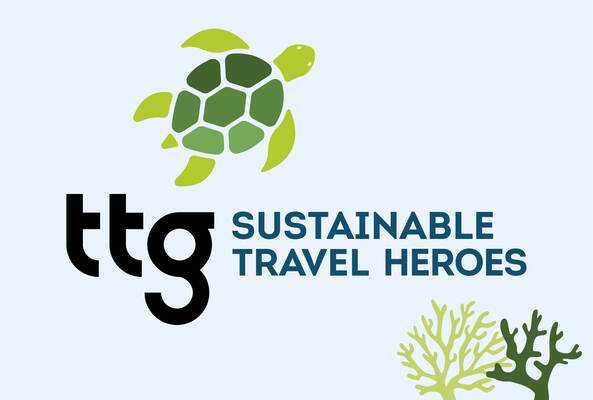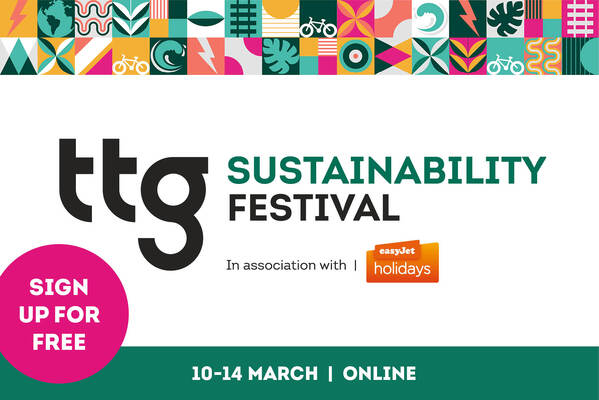Why Tui is unlikely to get into a price war with Jet2
 Gary Noakes
Gary NoakesOnly six months into the top job at Tui, Sebastian Ebel has – as they say on TV – "a situation" on his hands, one that hasn’t arisen for decades.
Tui has grown accustomed to being number one in the UK, its most important market. So imagine the consternation when in February, Yorkshire’s Jet2holidays casually added half a million seats to its licence, ousting Tui as the UK’s biggest Atol holder.
The last time this happened was in the 1990s, when the former Airtours brand briefly overtook Tui in its previous guise as Thomson. Jet2 wasn’t even born then; its first flight left Leeds Bradford in 2003, with Jet2holidays launching in 2007, initially licensed to carry just 23,000 passengers.
Jet2 has grown and grown, boosted by a reputation for no-nonsense quality and with the support of independent agents, who found an alternative to selling Tui or Thomas Cook packages.
The collapse of Thomas Cook in 2019 was a turning point for Jet2, which Tui’s chief executive has now acknowledged.
Jet2 filled more of the void left by Cook than Tui did, picking up the bucket and spade side of the former giant while Tui went for differentiation and more upmarket properties.
Speaking as he unveiled Tui’s first-quarter (winter) results, Tui Group chief executive Ebel admitted: "We have not benefited as much as Jet2 from the disappearance of Thomas Cook. We do see that as a challenge."
Does this challenge mean Tui adding thousands of cheap beach deals this summer or next, effectively trashing the UK market?
Highly unlikely, as Ebel stressed he would go for "profitable" growth. Tui does, though, have room for manoeuvre. It said summer 2023 prices were an unprecedented 25% above 2019, so it could undertake some deep discounting to grab back market share.
But why throw money away when, as Ebel reported, demand is so strong even though prices are high?
Thankfully, his briefing in February generated no lurid consumer press headlines screaming of "Summer Beach Bargains" in anticipation of a price war.
Instead, the sensible approach, as Ebel outlined, is to grow low-risk business – like dynamic packaging using third-party airlines such as easyJet, which Tui is already doing.
The bulk of Tui’s dynamic package sales will almost certainly go direct using its new IT and app platform. Tui will spend royally on technology in this segment because the rewards will be big.
’We want to be the market leader’
Across all its markets, Tui estimates the total industry share taken by dynamic packaging at about 20%, but puts its own slice at just 1%.
"We are very active to gain profitable market share and that is why we have defined a full range of activities," Ebel said.
"We want to be the market leader not just across passenger numbers but quality. We are taking this challenge and want to grow stronger than our dear competitors."
In Germany, Tui’s second-biggest market after the UK, dynamic packaging is now a quarter of Tui sales, with links to airlines like Lufthansa enabled via New Distribution Capability (NDC) technology.
Ebel promised the UK would have a similar technology platform by the end of 2023.
It is this tactic, rather than bringing in more aircraft to the Tui Airways fleet – which is currently a third smaller than Jet2.com’s – that will likely reap rewards for Tui.
We will probably have to wait until next year to see Tui’s fightback begin in earnest.
So what does Jet2 think? So far, it has chosen to keep its own counsel, but the likelihood is it will "stick to the knitting" – which is what those canny Yorkshire folk do best. After all, it has worked to great effect so far.
Gary Noakes is senior contributor and analyst at TTG.
Sign up for weekday travel news and analysis straight to your inbox

Gary Noakes
Supplier Directory
Find contacts for 260+ travel suppliers. Type name, company or destination.
